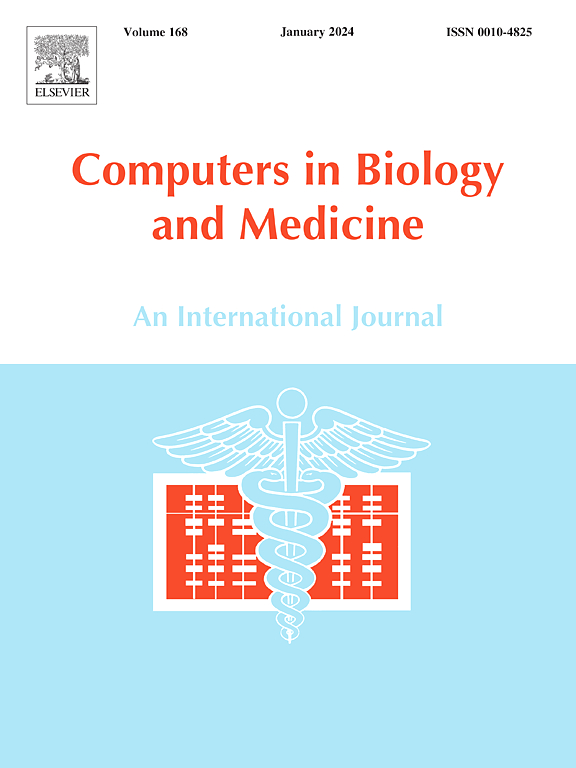利用基于自适应控制器的优化深度策略梯度稳定人类心跳
IF 6.3
2区 医学
Q1 BIOLOGY
引用次数: 0
摘要
稳定心律是维护心血管健康和预防危及生命的心律失常的必要条件。由于心脏系统的复杂和动态特性,受到各种生理决定因素和外部扰动的调节,通过传统的控制方法来稳定心跳提出了重大挑战。本文提出了一种新的闭环控制框架,将高阶滑模控制器(HO-SMC)与优化的深度策略梯度(ODPG)强化学习算法相结合,实现了控制器参数的自适应实时整定。HO-SMC与ODPG的集成能够通过两个神经网络(nn)动态调整控制增益,增强对心律固有的不确定性和干扰的鲁棒性。通过强化学习,ODPG评估各种参数配置在不同条件下稳定系统的有效性。随着神经网络的进化和微调这些参数,它们增强了HO-SMC控制器的鲁棒性,从而能够更有效地管理不确定性和干扰。该方法在各种生理和病理条件下进行了验证,与传统控制器相比,显示出优越的稳定效果。这项工作开创了滑模控制和深度强化学习在心律稳定中的自适应协同作用,代表了智能生物医学控制系统的重大进步。本文章由计算机程序翻译,如有差异,请以英文原文为准。
Stabilization of the human heartbeat using adaptive controller-based optimized deep policy gradient
Stabilizing the cardiac rhythm is imperative for preserving cardiovascular health and preventing life-threatening arrhythmias. The stabilization of the heartbeat through traditional control methods presents significant challenges due to the intricate and dynamic characteristics of the cardiac system, which are subject to modulation by a variety of physiological determinants and external perturbations. This study introduces a novel closed-loop control framework combining a high-order sliding mode controller (HO-SMC) with an optimized deep policy gradient (ODPG) reinforcement learning algorithm to achieve adaptive real-time tuning of controller parameters. The integration of HO-SMC with ODPG enables dynamic adjustment of control gains via two neural networks (NNs), enhancing robustness against uncertainties and disturbances inherent in cardiac rhythms. Through reinforcement learning, ODPG evaluates the efficacy of various parameter configurations for stabilizing the system under diverse conditions. As the NNs evolve and fine-tune these parameters, they augment the robustness of the HO-SMC controller, thereby enabling more effective management of uncertainties and disturbances. The proposed approach is validated under various physiological and pathological conditions, demonstrating superior stabilization efficacy compared to conventional controllers. This work pioneers the adaptive synergy of sliding mode control and deep reinforcement learning for cardiac rhythm stabilization, representing a significant advancement in intelligent biomedical control systems.
求助全文
通过发布文献求助,成功后即可免费获取论文全文。
去求助
来源期刊

Computers in biology and medicine
工程技术-工程:生物医学
CiteScore
11.70
自引率
10.40%
发文量
1086
审稿时长
74 days
期刊介绍:
Computers in Biology and Medicine is an international forum for sharing groundbreaking advancements in the use of computers in bioscience and medicine. This journal serves as a medium for communicating essential research, instruction, ideas, and information regarding the rapidly evolving field of computer applications in these domains. By encouraging the exchange of knowledge, we aim to facilitate progress and innovation in the utilization of computers in biology and medicine.
 求助内容:
求助内容: 应助结果提醒方式:
应助结果提醒方式:


